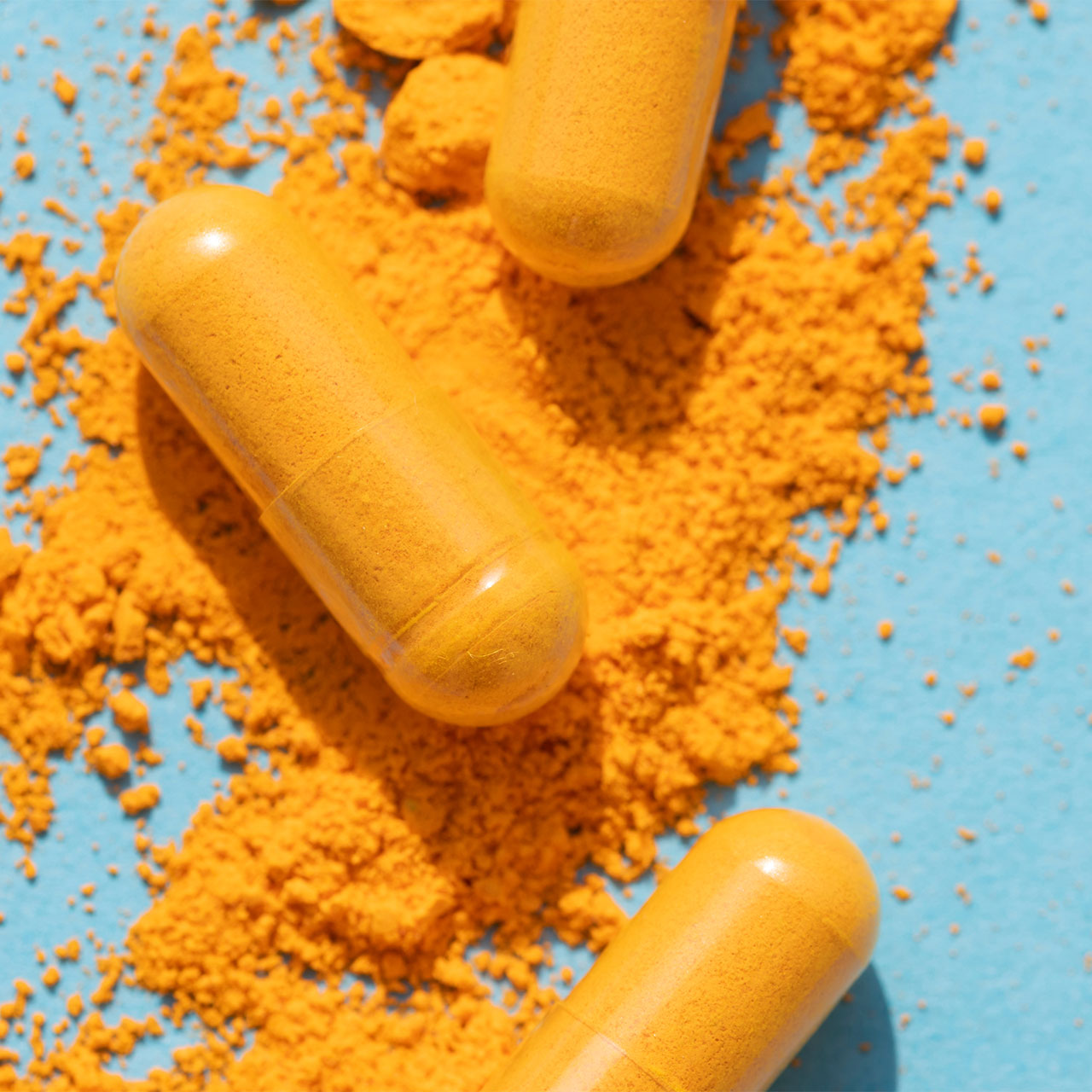Supplements have become a staple in many people’s health routines, offering benefits like improved nutrition, enhanced energy, and support for various bodily functions. They can be particularly useful in addressing specific deficiencies or health conditions where diet alone may not suffice. For instance, vitamin D supplements are often recommended for individuals with limited sun exposure, and iron supplements can be crucial for those suffering from anemia. However, it’s important to remember that more isn’t always better. Taking high doses of supplements, even those that are generally considered harmless, can lead to serious health risks.
When taken in frequently or in excessive amounts, some supplements can cause toxicity and adverse effects, impacting vital organs like the liver and kidneys. These organs play a crucial role in detoxifying the body and maintaining overall health. The liver processes nutrients and filters out toxins, while the kidneys manage waste removal and regulate fluid and electrolyte balance. Overloading these organs with high doses of certain supplements can lead to damage and potentially severe health issues. Below, we explore seven supplements that health experts Dr. Kubanych Takyrbashev, MD, Health & Wellness Advisor at NAO; physician Dr. Erik Natkin; Jesse Feder, RDN, CPT; and registered nutritionist Lisa Richards, creator of the Candida Diet have identified as potentially harmful to your liver and kidneys.

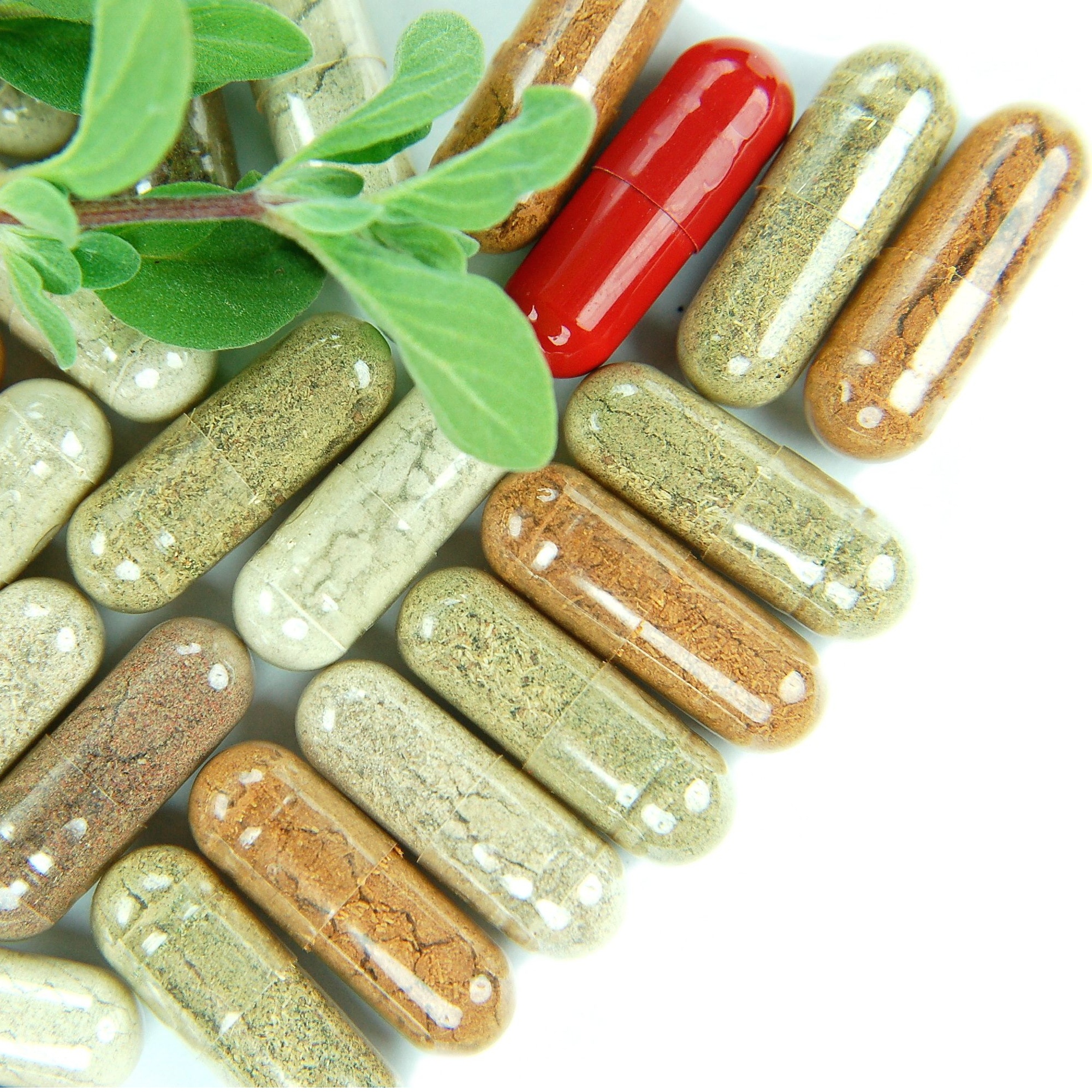
1. Senna
Senna is commonly used as a natural remedy for constipation because it stimulates the muscles of the colon. However, Dr. Kubanych Takyrbashev warns that "prolonged or excessive use of Senna can deplete the body of fluids and vital electrolytes." This can lead to dehydration and electrolyte imbalances, placing significant strain on the kidneys. Chronic dehydration and imbalances can ultimately damage the kidneys or worsen existing kidney conditions.
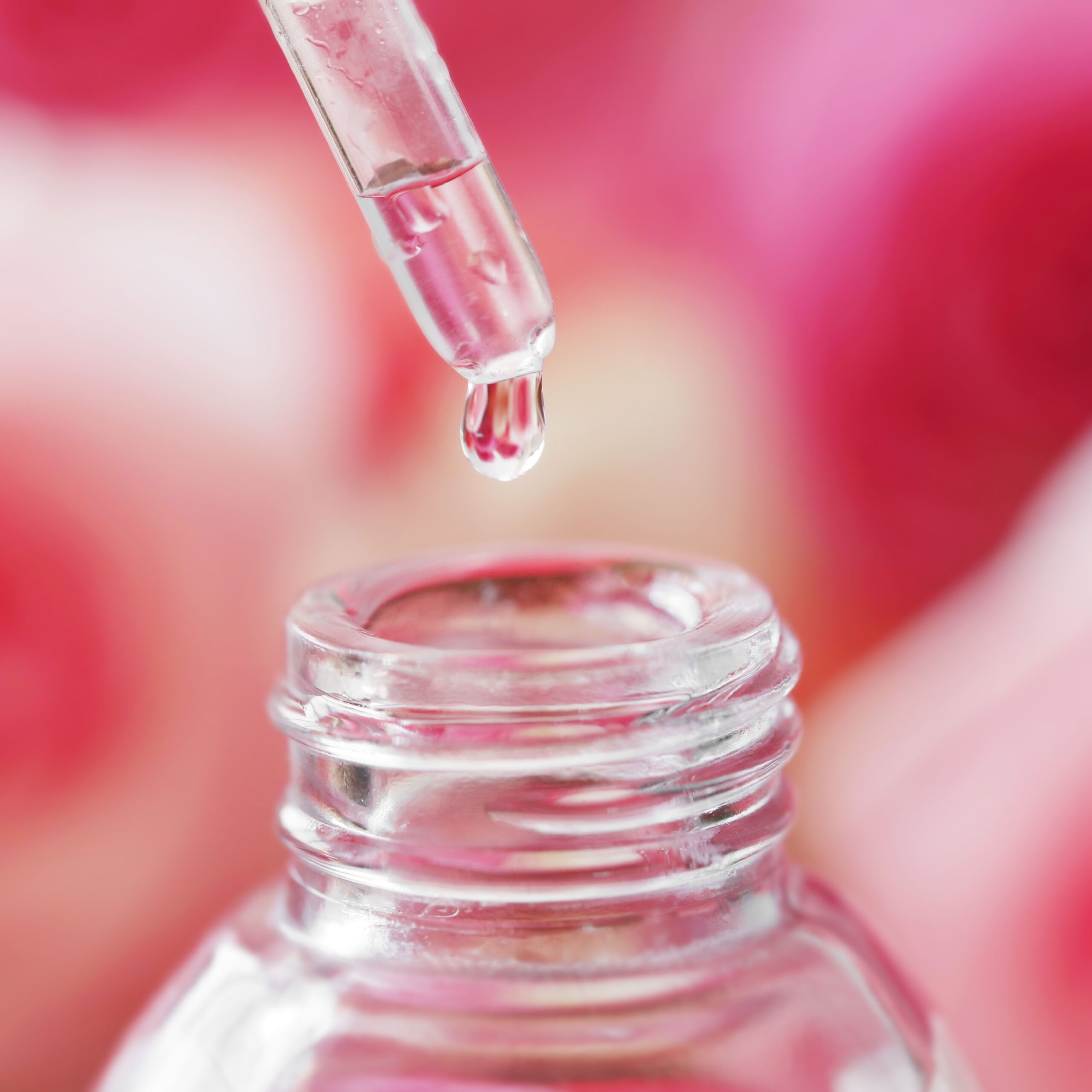
2. Colloidal Silver
Despite being touted for its antibacterial and antiviral properties, colloidal silver supplements, which are liquids containing silver, can be harmful. Dr. Takyrbashev explains, "colloidal silver ingestion can result in silver particle accumulation in tissues, including the kidneys," leading to argyria, a condition where the skin turns bluish-gray. More concerning is the potential kidney damage from silver particles, which can impair the kidneys' ability to filter toxins and waste from the bloodstream.
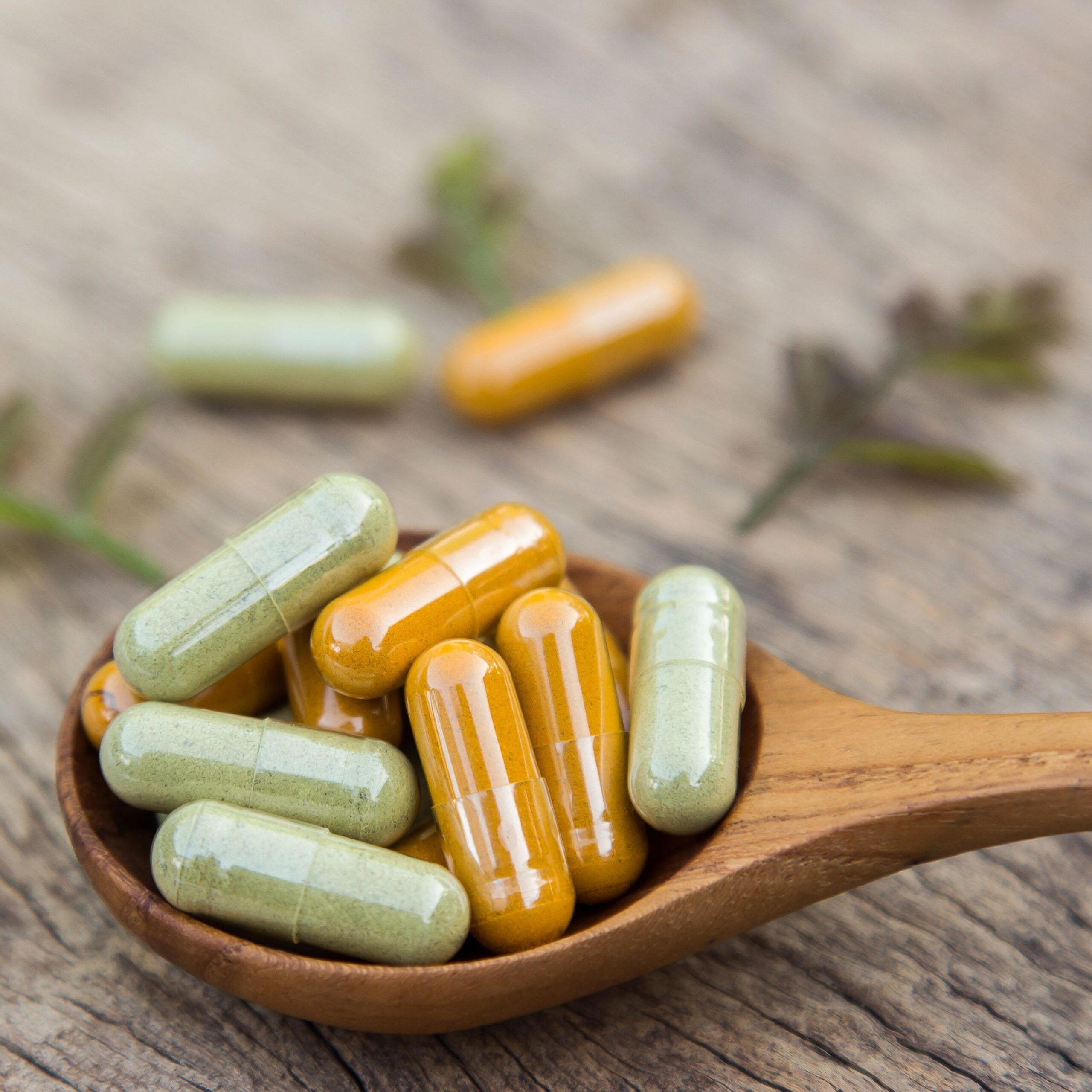
3. Comfrey
Comfrey contains pyrrolizidine alkaloids, which can be highly toxic to the liver. Dr. Erik Natkin points out that "comfrey can cause liver inflammation and veno-occlusive disease," a condition where veins in the liver become blocked. Both the FDA and the European Medicines Agency (EMA) have issued warnings about the hepatotoxic potential of comfrey, urging consumers to avoid it, he says.
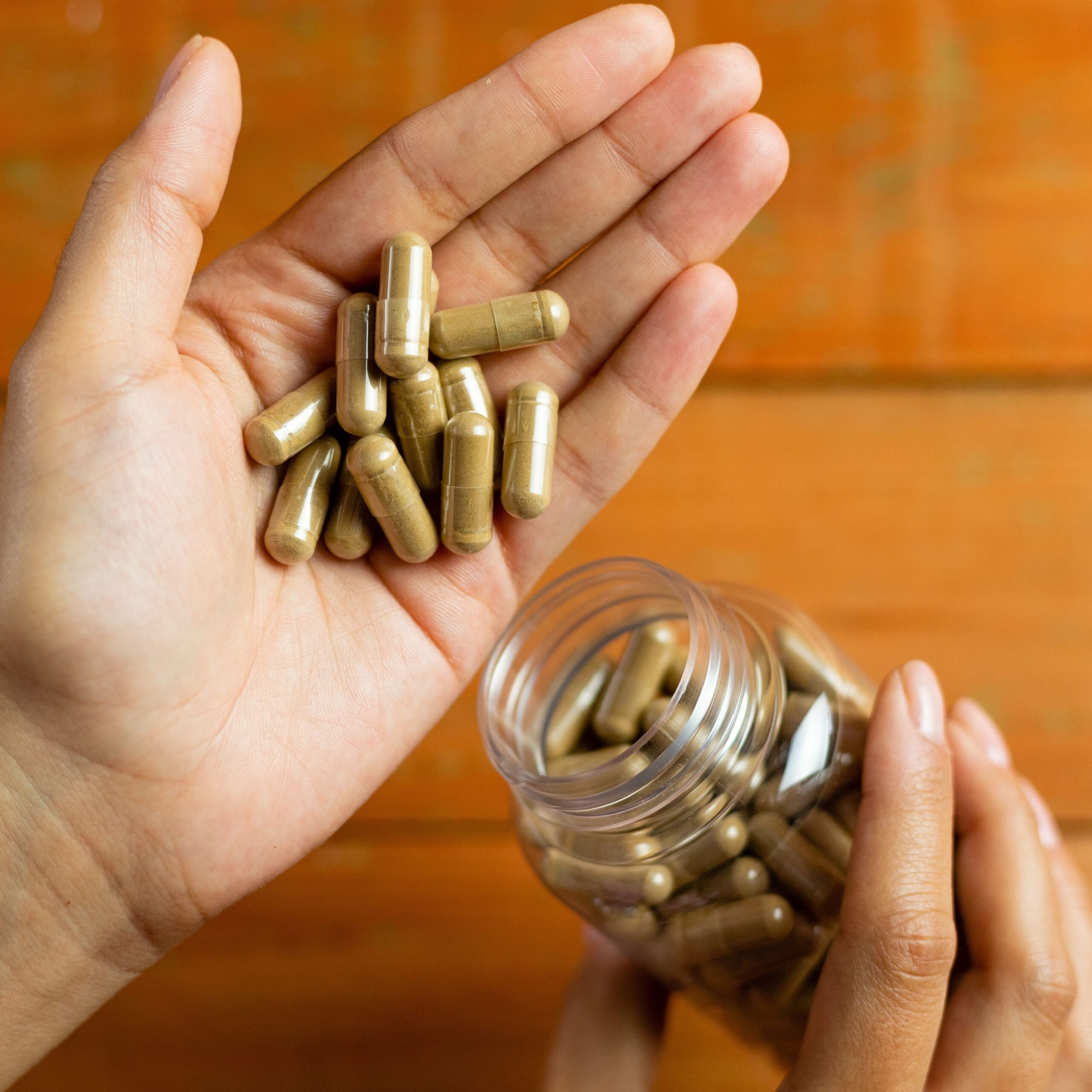
4. Black Cohosh
Black Cohosh is another supplement that has been associated with liver damage. According to Dr. Natkin, "Black Cohosh has been linked to multiple cases of liver damage, particularly in people with existing liver disease or those taking other hepatotoxic medications." This makes it a risky choice, especially for individuals already managing liver health issues.
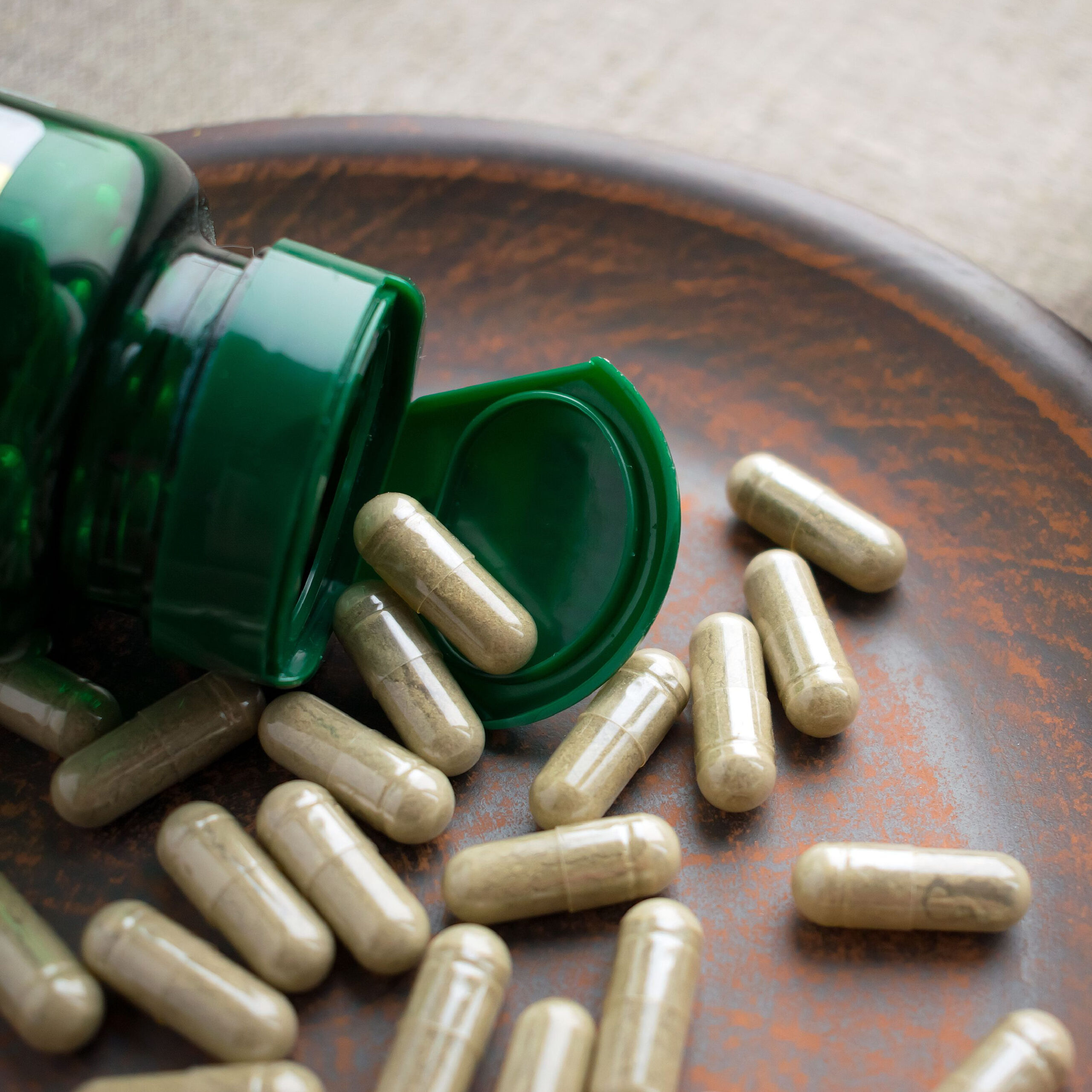
5. Green Tea Supplements
Green tea extract, known for its high concentration of epigallocatechin gallate (EGCG) and weight loss benefits, can be harmful in large doses. Dr. Natkin warns that "case studies have linked excessive green tea extract ingestion to liver toxicity and acute liver failure." The liver damage is usually a result of the body's adverse reaction to high levels of catechins, which can cause oxidative stress and inflammation in liver cells.
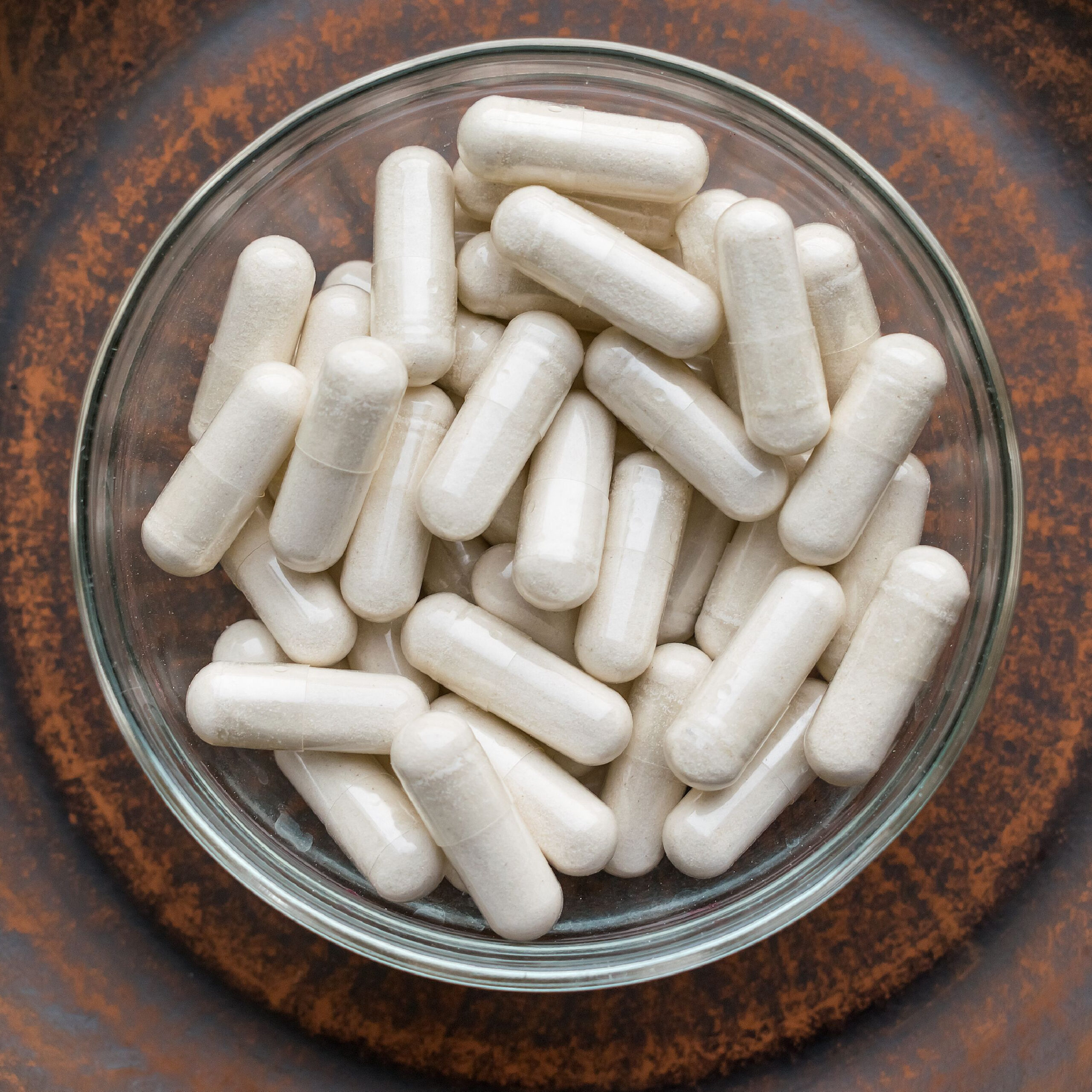
6. Kava
Kava is a popular anti-stress supplement that many people consume in order to bring a sense of calm to their brain and body. "Kava, which is typically consumed as a tea, is a supplement known to promote relaxation," Feder explains. Unfortunately, though, this relaxation could come with a risk; "Consuming kava regularly has been shown to affect enzyme and antioxidant activity in the liver which can lead to liver damage." Yikes! On top of this, kava could also pose a risk to your kidneys. "Kava may decrease blood flow to the kidneys and cause increases in harmful metabolites which can also damage them," Feder warns. Like any other supplement, you should always stick to recommended doses when consuming kava. Additionally, it's important to choose high-quality, reputable brands to ensure your safety.
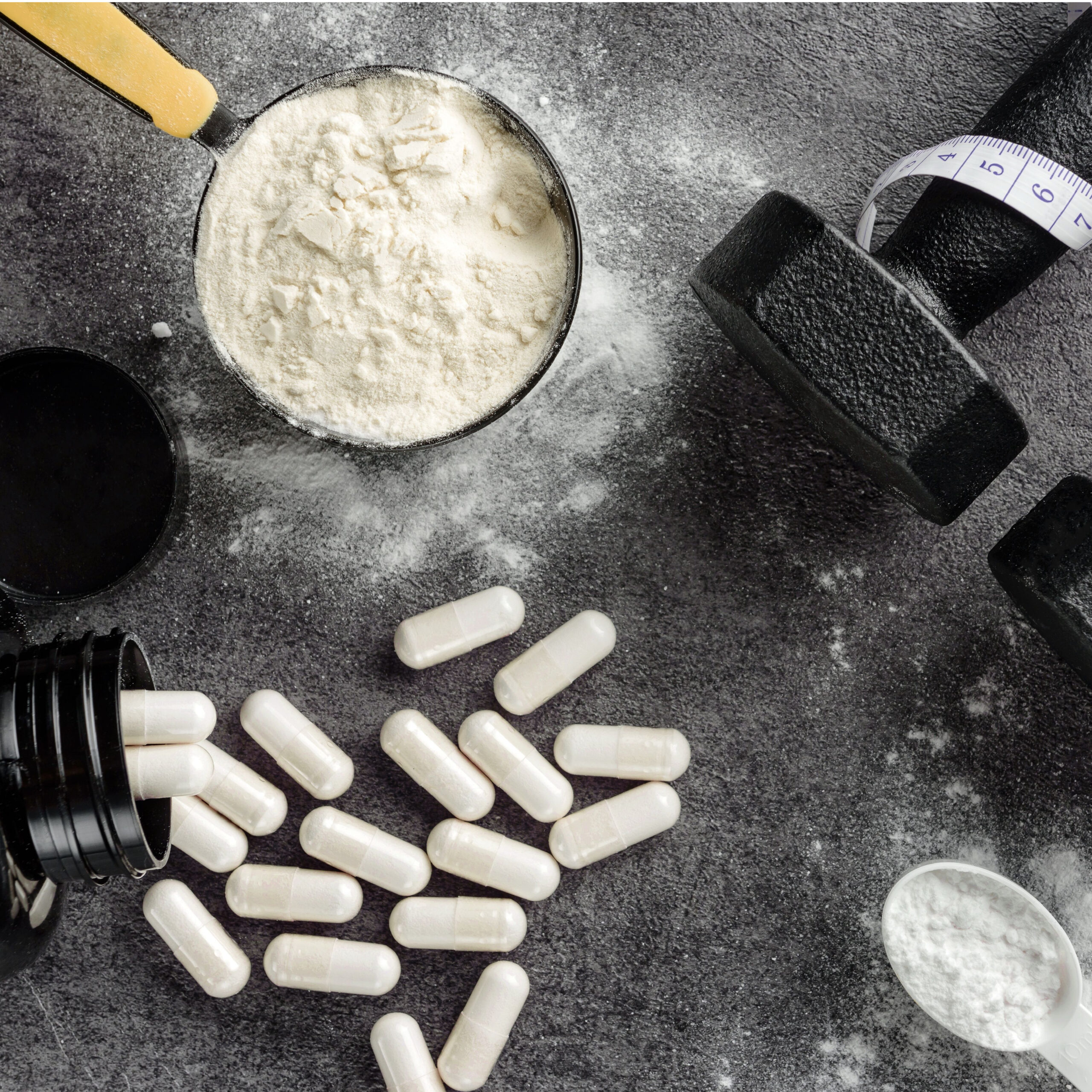
7. Creatine
Creatine is a supplement commonly used by athletes in order to provide muscles with energy during heavy workouts like weightlifting. And while Nurse Lauren Thayer says this supplement may be used in moderation, she warns that excessive use could be detrimental to your kidney health. That's because consuming too much creatine can lead to a build-up of the compound in your body. Richards agrees: "There is some concern that excessive or prolonged use of high-dose creatine supplements could potentially strain the kidneys," she says. "Creatine is metabolized in the body and excreted by the kidneys. Long-term use of very high doses may put additional stress on the kidneys, but there is limited concrete evidence to suggest that it can cause kidney damage in healthy individuals." Good to know! All in all, like any supplement, "It's essential to use creatine as directed and consult with a healthcare professional, especially if you have preexisting kidney issues."














